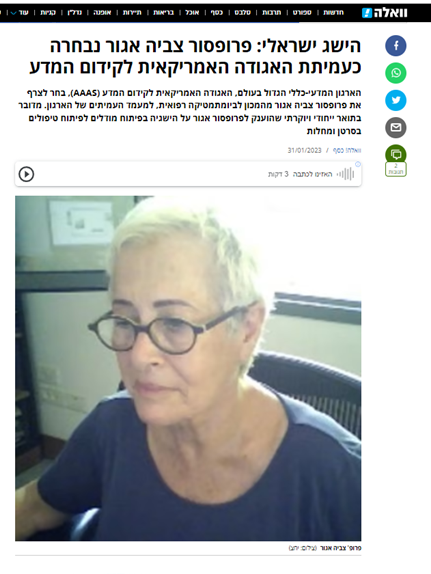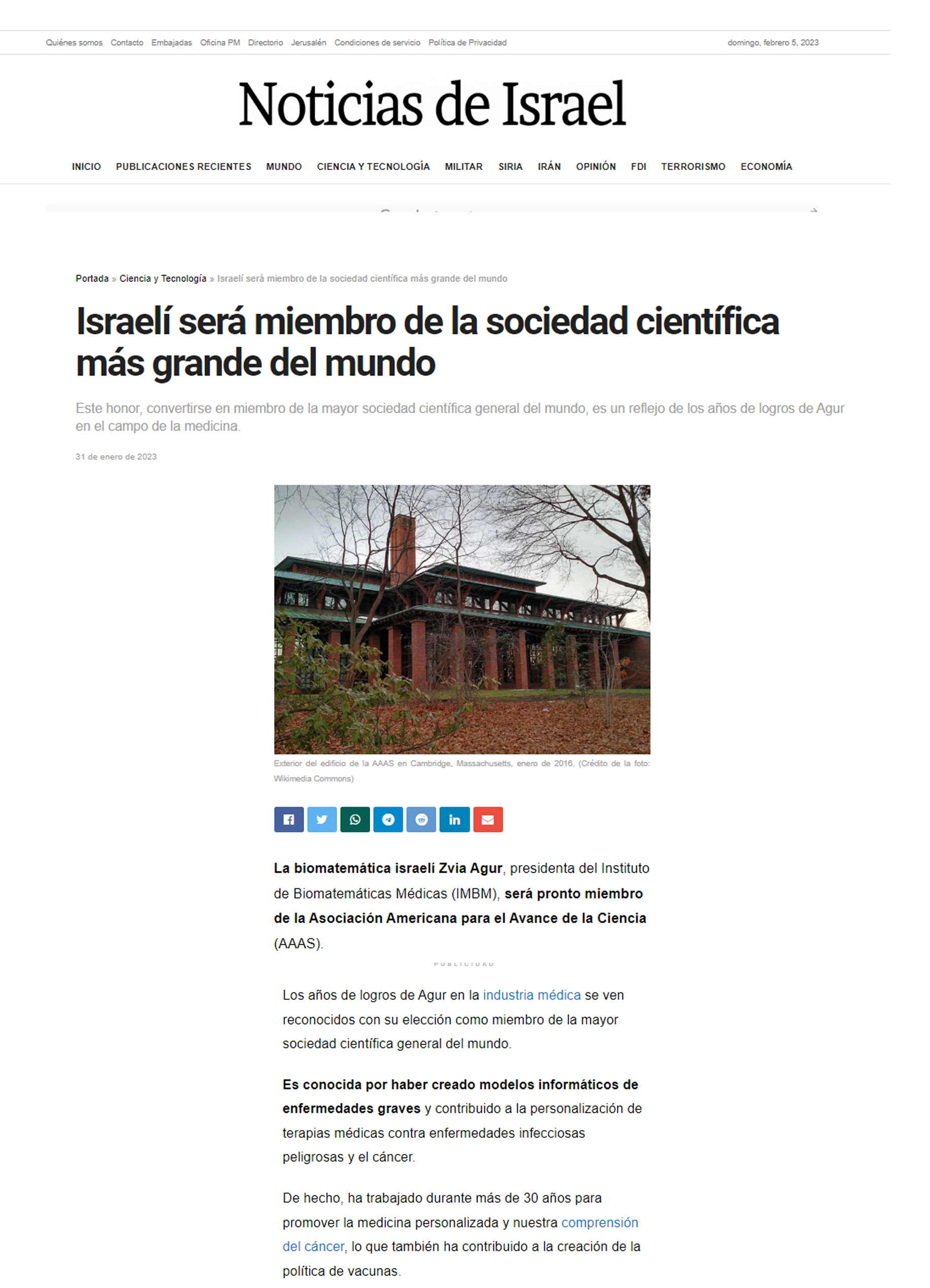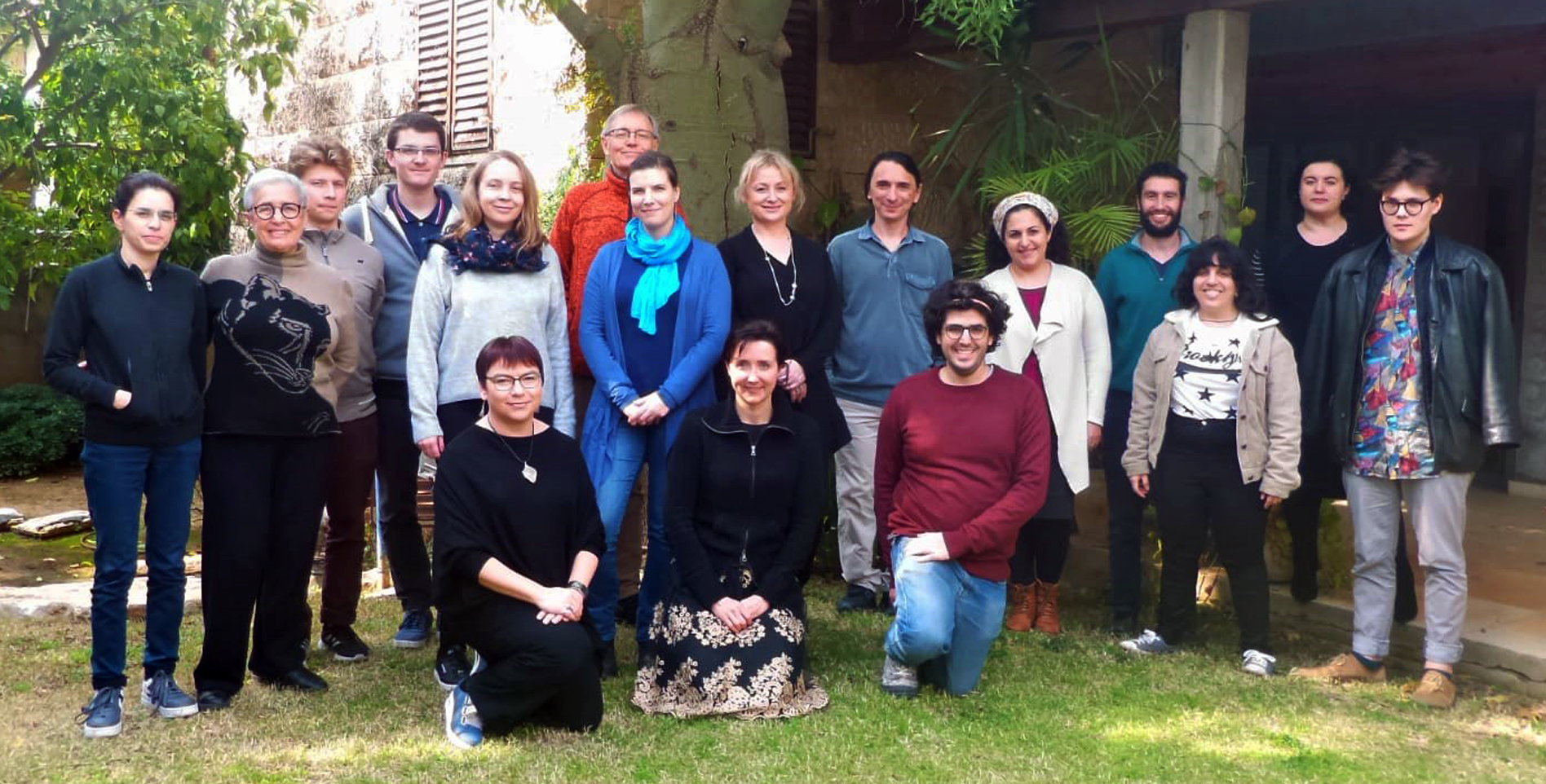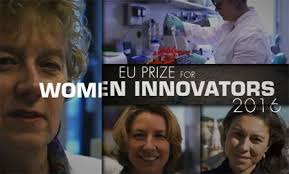Professor Zvia Agur Named 2022 AAAS Fellow
Professor Zvia Agur is recognized for developing computational models of diseases and then incorporating these into medical software devices to facilitate drug development and personalized patient treatment.
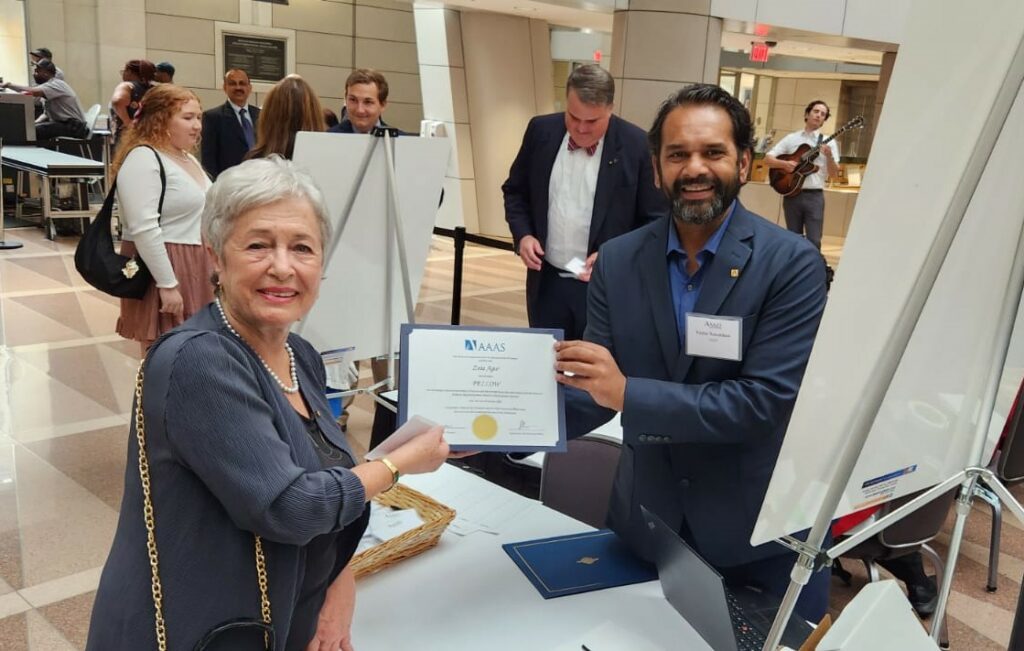
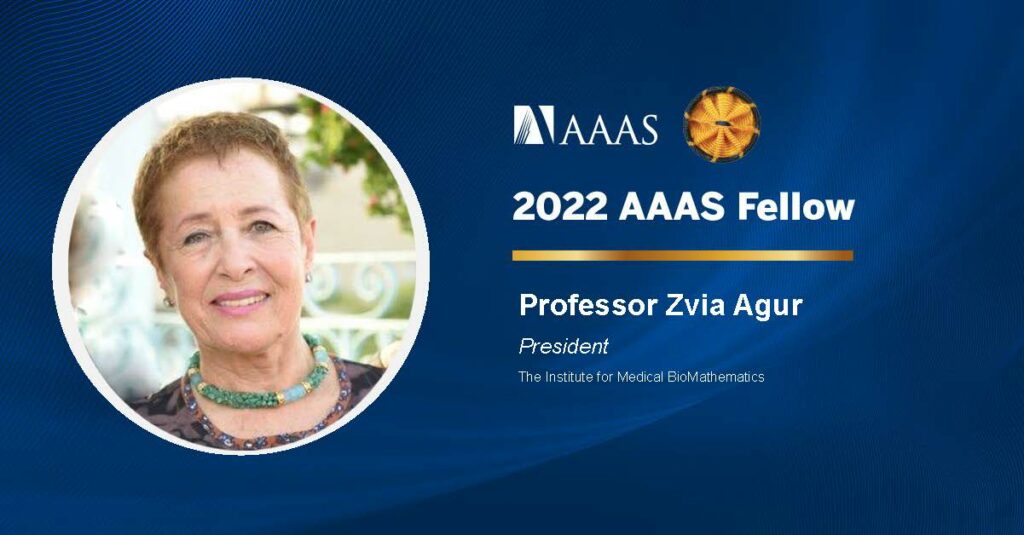
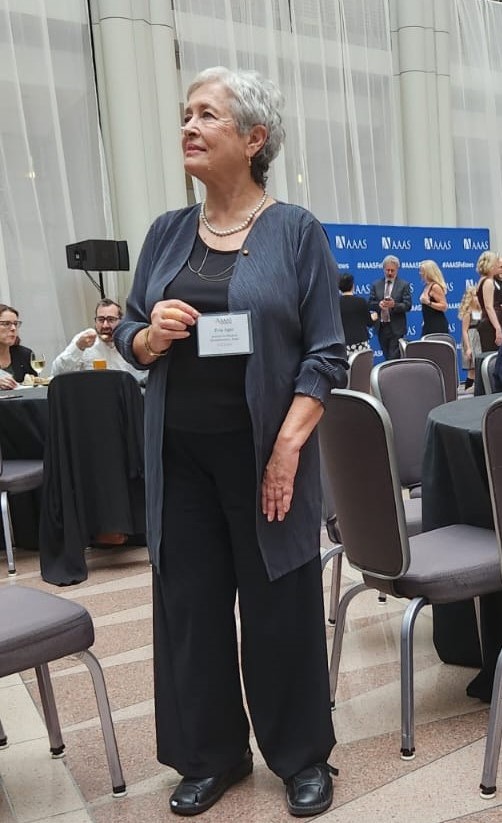
Professor Agur is one of the world’s pioneers of computational biomedicine. She developed the concept of treatment rationalization when this approach was rejected by academia and the medical establishment. In the 1980s, Agur put forward methodologies for personalized drug therapy for cancer. The prevailing paradigm in oncology then was the ‘one-size fits all’ approach, whereby patients underwent multiple rounds of aggressive drug therapy regimens, which did not differentiate between cancer and healthy cells. Agur suggested more precise treatments which zeroed in on cancer cells and left healthy cells untouched. Her proposed policy led to better survival for patients. Now, Professor Zvia Agur will be recognized as a Fellow of the American Association for the Advancement of Science, the world’s largest general scientific society and publisher of the Science family of journals. Professor Zvia Agur is among the 506 scientists, engineers, and innovators elected as 2022 Fellows for their scientifically and socially distinguished achievements throughout their careers.
Perceiving the value of computational medicine, Agur founded the Institute for Medical BioMathematics (IMBM) in the late nineteen nineties. In IMBM, mathematicians, computer scientists, doctors, pharmacologists, and biologists join forces to analyze complex disease processes and develop support tools for aiding doctors’ decision-making. During these years, Agur has significantly contributed to the theory of disease dynamics, chemotherapy optimization, and vaccination policies. She published her scientific work in more than 150 peer-reviewed papers in mathematical, medical, biological, and interdisciplinary professional journals and books. She has initiated and led innovative, collaborative projects with clinicians from leading medical centers in the United States, Europe, and Israel. Agur also founded a company pioneering the development of tools for individualizing cancer treatment. In this capacity, she led innovative development and was the initiator and co-author of 14 granted USA, European and international patents.
Agur says she is proud to be entered into the list of distinguished scientists and innovators representing the entire spectrum of scientific activity. The recognition by the American Association for the Advancement of Science surprised and delighted her, especially because she works in a unique research institute outside the academic establishment.
A tradition dating back to 1874, election as a AAAS Fellow is a lifetime honor, and all Fellows are expected to maintain the highest standards of professional ethics and scientific integrity. Distinguished past honorees include W.E.B. DuBois, Ellen Ochoa, Steven Chu, Grace Hopper, Mae Jemison and Ayanna Howard. Joining the ranks of Fellows last year were roboticist Ayanna Howard, and molecular biologist Alejandro Sánchez Alvarado.
“AAAS is excited to announce the newest class of fellows from across the scientific enterprise in a tradition dating back nearly 150 years and to honor their broad range of achievements,” said Sudip Parikh, AAAS chief executive officer and executive publisher of the Science family of journals.
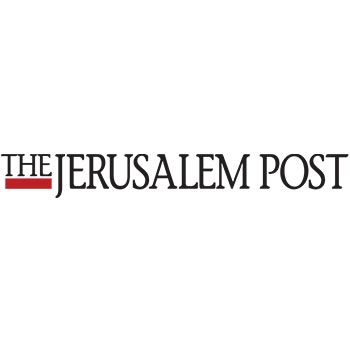
Israeli scientist Prof. Zvia Agur to become AAAS fellow – The Jerusalem Post

הישג ישראלי: פרופסור צביה אגור נבחרה כעמיתת האגודה האמריקאית לקידום המדע

גאווה: פרופסורית ישראלית נבחרה כעמיתת האגודה האמריקאית לקידום המדע





